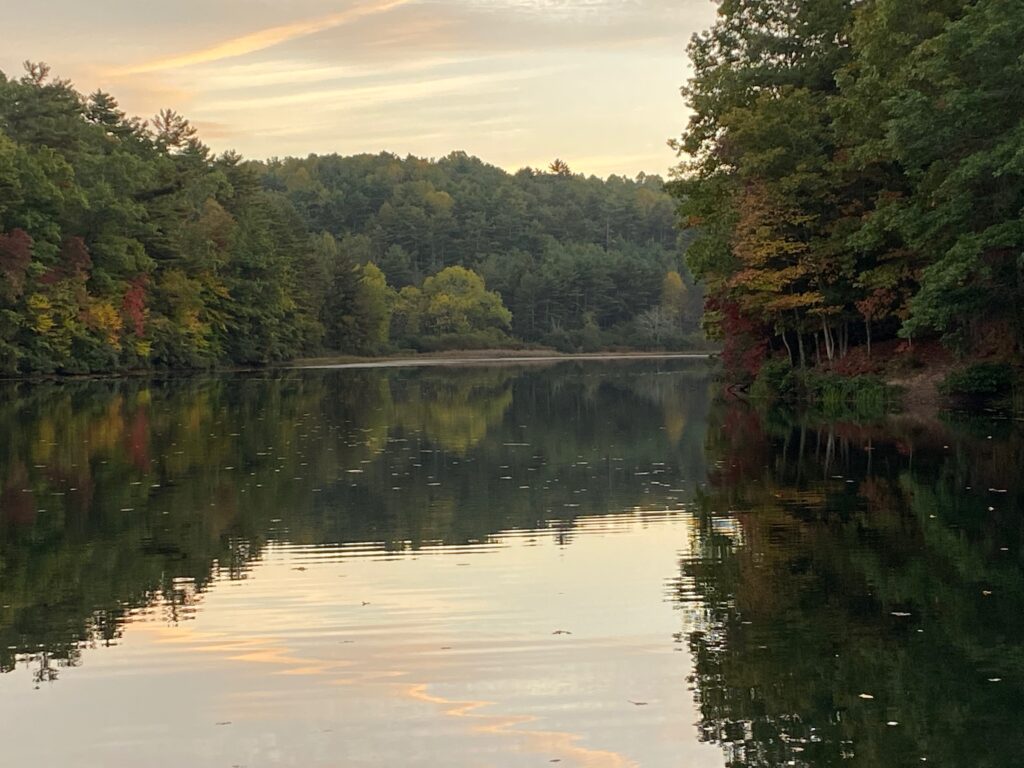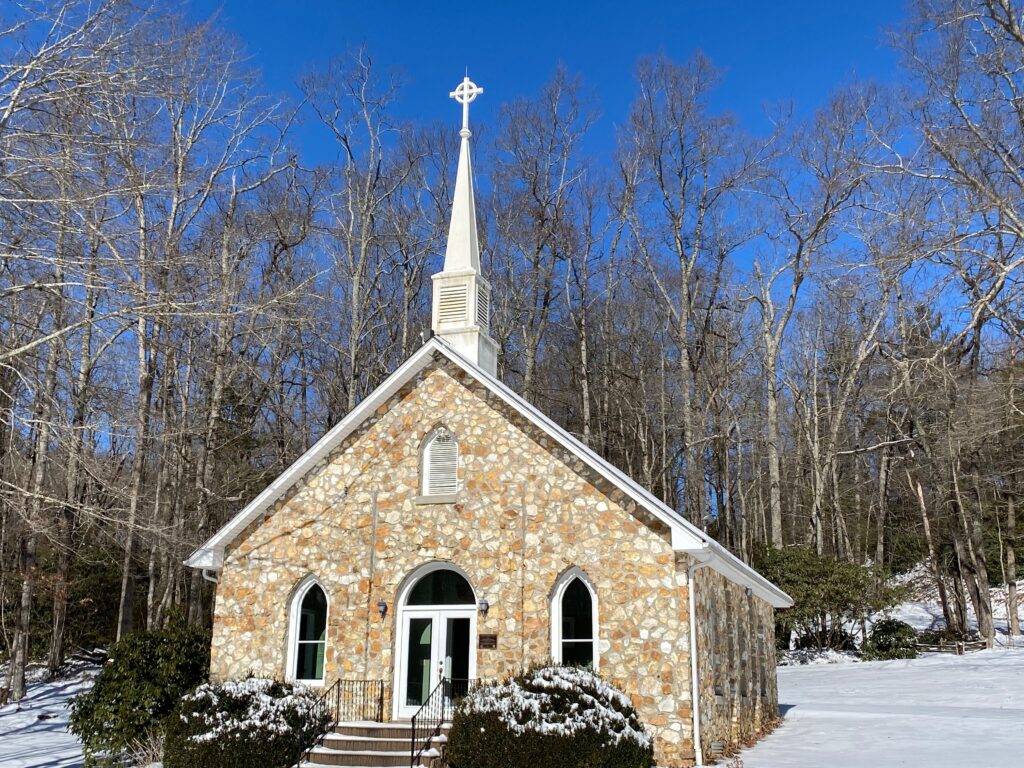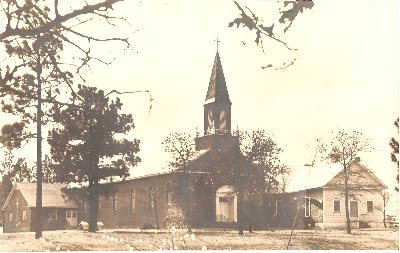Jeff Garrison
Bluemont and Mayberry Churches
February 27, 2021
Daniel 12:5-12
At the beginning of worship
This week, we have watched in horror what’s happening in the Ukraine. We need to trust that God is in control in the chaos. That’s the message of Daniel. But we also need to strive to do what is right to help those who cannot help themselves. That’s a message found throughout scripture. Let’s open with a prayer for peace:
Lord Jesus, we long for your kingdom. Isaiah promises it’ll be a place of peace, where the wolf shall live with the lamb, the leopard shall lie down with the kid, the calf and the lion and the fatling together.”[1]
But Jesus, our world is filled with bullies and dictators, those who do what they want and ignore the rights and the needs of others. It’s a world where families hide in subways hoping to avoid the explosion of artillery shells. It’s a world where people flee for their lives and where the weak are eaten up by those who are strong. It’s a world where people are used and abused. We know this is not the good world you intended at Creation. We have messed things up.
We long for peace, for the end of this world of violence and the fulfillment of your kingdom. But until then, give us strength to endure. Help us to know right from wrong, good from evil. Help us stand fast with those who suffer in the Ukraine. This we pray in your name, recalling your wiliness to die that we might life, and who lives and promises such to those who believe in you and who follow in your footsteps. Amen.
Before the reading of Scripture
I was thinking after last week’s text and sermon how the evil one depicted in Daniel’s vision dies alone at the end. It seems to me that when we burn all our bridges and abuse all our friends, loneliness becomes our destiny. It’s a dangerous place. And we don’t have to be as evil as the evil one depicted in Daniel to experience this.
Relationships are important. There are two dimensions to our faith, just as there are two dimensions to the cross. One is vertical, the other horizonal. One reaches up toward God, the other reaches out toward others. Both are necessary if we’re to have a balanced life as God intends. However, if we behave as the one cited in Daniel 11, our actions will lead to judgment.
The end of the book of Daniel
Now, we’ve come to the end of Daniel… As I pointed out two Sunday’s ago, the last three chapters of Daniel consist of a single unit with one long vision. Daniel’s vision is now over. He finds himself back on the banks of the river. But there appear to be some heavenly beings still floating around after the vision. Although we are not sure, they could be angels, maybe even Michael and Gabriel,[2] who have been mentioned earlier. Their purpose appears to have a conversation of which Daniel overhears but does not understand. This sets up a nice epilogue for this vision and the entire book of Daniel.
Remember, as I have often said in these sermons on Daniel, the overall message of this book is that despite the present circumstances (which are quite trying in Daniel’s day as in ours), “God is in charge and will win the day.”[3] Once again, we’re reminded that things will work out and that Daniel needs not to worry.
After the reading of Scripture
In his novel The Whisper of the River, Ferroll Sam’s protagonist, a college student, has a delightful conversation with a professor about Christian progress. The question is asked by the professor, “How long does it take a man to grow from the whining question of ‘Why me, Lord?’ to the mature dedication of ‘Why not me, Lord?’” The professor went on to explain how each has an accent on “me,” but throw in that “one-syllable negative” and you have “two entirely different philosophies.” One is shallow, the other has spiritual depth.[4]
Daniel, it seems, accepts the second question from the beginning. Spiritually mature, he maintains his relationship with God in a troubling time. He does so even when God appears distant. It would also have been a lot easier to accept the ways of the Babylonians or the Persians. But Daniel stands fast. As believers, we don’t take the easy way out.
The final scene in Daniel
We’ve come to the end of this book. In this final scene, Daniel is back by a stream. We can assume this is the river where the vision began. Daniel sees two beings standing opposite banks of the Tigris River, having a conversation. One asks how long before everything happens. The other provides an enigmatic answer: “A time, two times, and a half a time.” Just what does that mean?
So, Daniel speaks up and acknowledges he doesn’t understand. “What shall be the outcome of these things?” Daniel asks. Daniel is like us; he wants to know.[5]
The response Daniel receives is rather curt. “Go your way, Daniel, for the words are to remain a secret until the time of the end.”
Daniel is not about predicting the future
There you have it. If you think you can use Daniel to predict the end of time or the events leading up to it, this epilogue rains on your parade. There are things we are not to know. Nonetheless, there are things we do know. By telling Daniel to “go on your way,” I think he’s being told to not worry about the future and to continue to do what he knows is right. That’s also good advice for us. How we live our lives in the face of evil is the purpose of Daniel, not predicting the future.
We’ll continue to have good and evil people
The next verse reminds us of the way of things. There are people like Daniel, who strive to live godly lives even within an evil, pagan, or corrupt society. Just because someone else acts bad is no excuse for us to do likewise. Just because we live in an evil world, we’re not to resort to evil. We always take the high ground. To the best of our abilities and, depending on God’s help, we should act nobly.
And while there will be those who strive to do what is right, the book of Daniel is realistic. There are those continue to act wickedly. Again, throughout Daniel we have seen examples of wicked behavior. The silly laws of kings fly in the face of the Almighty and force believers into disobedience to God if they obey the king.[6] Or other kings who do as they please, as if they’re accountable to no one,[7] and who bring great evil upon the world.[8] Such leaders will be judged. They will be held in eternal contempt.[9]
Of course, the wicked don’t understanding what’s happening or what’s in store for them, because they have no regard for others, including God.[10] They think they are exempt, or their theology is so bad, that they think they’re a god on earth. Those who are wise understand this differently.
How long will the abomination last?
Our passage then returns to the abomination in the temple, which occurred under the reign of Antiochus IV, whom we met last week.[11] There are questions here about how the long the sacrifices will be missing from the temple. Is it 1290 days or 1325 days, as listed here? Or as we heard in chapter eight, 2300 evenings and mornings which could be interpreted as 1150 days.[12] And what kind of relationship exist between these days and the time, times, and a half time. By the way, it’s not the first time we’ve seen that formula, either. It appeared in chapter 7?[13]
If this sounds confusing to you, you’re not alone. Even Daniel is confused. Some think the days and the times go together. Time, times and a half time could be 3 and a half years, roughly the same number as the days. But since there are several different sets of “days,” what can we make of this?[14]
We don’t know. Some things are purposely vague.
I think the message at the end of Daniel is this. When it comes to the future, we don’t know. Only God knows. This is the same thing that Jesus teaches in Mark 13, only the Father in heaven knows when such things happen.[15]
Our text says that those who persevere this period of great evil will be happy or blessed. Then Daniel is sent on his way. He’s told to rest. There’s nothing he can do about the future, and it’s going to happen long after he’s gone. So, Daniel, who is now an old man, having been in exile for nearly 70 years, can rest assured that when the resurrection happens, he’ll rise for his reward.
Conclusion: promised rest
After a long life of faithfulness, Daniel can rest. That’s good news. For those of us on this side of the resurrection, we have Jesus’ words: “Come to me, all you that are weary and are carrying heavy burdens, and I will give you rest. Daniel reminds us that things won’t always be easy, and Jesus follows up his comment about promised rest with talk about taking up his yoke. A yoke is a tool for work. The rest Jesus provides, at least in the short term, is for our soul.[16] There’s always work to do.
As verse 10 reminds us, there is purification, cleansing and refining to be done. So, we roll up our sleeves and trudge on, but our souls do not need to be troubled. We can take solace that God controls the world, that they’ll be times rest, and when it’s over, the faithful will be rewarded.
While life at times can be overwhelming, we place our hope in the goodness of God, whose love is from everlasting to everlasting.[17] Amen.
[1] Isaiah 11:6.
[2] Daniel 9:21 and 10:13.
[3] Tremper Longman III, Daniel: The NIV Application Commentary (Grand Rapids: Zondervan, 1999), 288.
[4] Ferrol Sams, The Whisper of the River (1984, New York: Penguin Books, 1986), 498-499.
[5] W. Sibley Towner, Daniel: Interpretation, a Biblical Commentary for Teaching and Preaching (Atlanta: John Knox Press, 1984), 169.
[6] An example would be Daniel 6, where the king decrees no one can pray to anything but himself for 30 days. See https://fromarockyhillside.com/2021/09/daniel-in-the-lions-den/
[7] An example: Belshazzar defaming the holy items from the temple. See https://fromarockyhillside.com/2021/09/the-writing-on-the-wall/
[8] The horrific king in Chapter 11 is an example. See https://fromarockyhillside.com/2022/02/5529/
[9] Daniel 12:2
[10] Proverbs 14:16, Psalm 14:4.
[11] Daniel 11:31.
[12] Daniel 8:14.
[13] Daniel 7:25, 12:7.
[14] Longman !!!, 287, and Robert A. Anderson, Daniel: Signs and Wonders (Grand Rapids: Eerdmans, 1984), 152-153 provide details on these dates and the issues they raise.
[15] Mark 13:32. From my sermon on this passage just before we started exploring the second half of Daniel, see https://fromarockyhillside.com/2022/01/remain-at-your-post-stay-awake/
[16] Matthew 11:28-30. See also Dane Ortlund, Gentle and Lowly: The Heart of Christ for Sinners and Suffers (Wheaton, IL: Crossway, 2020), 21-23.
[17] Psalm 103:17.










